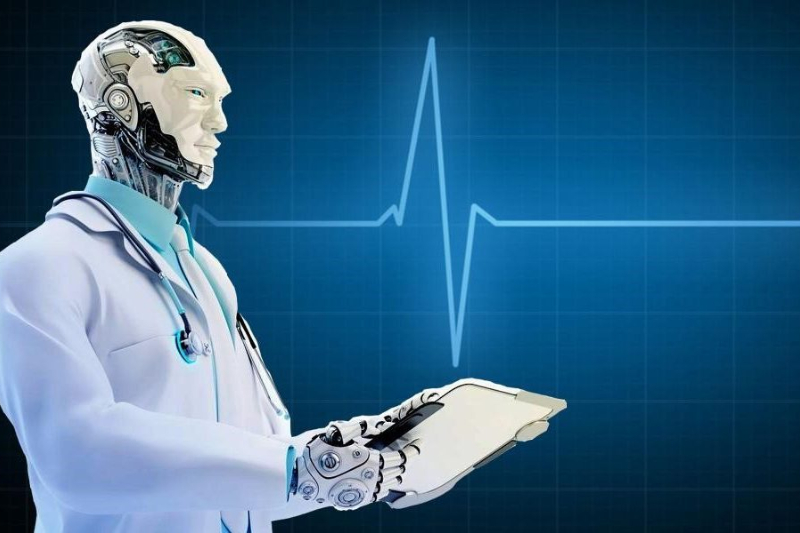- Sponsored -
Artificial Intelligence (AI) can predict when a person will die: Study
Artificial Intelligence (AI) may predict premature death risk: Study

No one in this world knows when death will come to us. However, scientists have managed to make medicines that help us fight many diseases and escape death. Now, moving to the next level, scientists have developed and tested an artificial intelligence (AI) based computer system to predict the risk of early death due to chronic diseases in a largely middle-aged population.
- Sponsored -
Yes, you read it right. According to the study published in the journal PLOS ONE, the system of computer-based ‘machine learning’ algorithms was very accurate in its predictions and performed better than the current standard approach to prediction developed by human experts.
It is to be noted that researchers at the University of Nottingham in the UK used health data from over half a million people aged between 40 and 69 recruited to the UK Biobank between 2006 and 2010 and followed up until 2016.
Stephen Weng, Assistant Professor at the University of Nottingham, said, “Most applications focus on a single disease area but predicting death due to several different disease outcomes is highly complex, especially given environmental and individual factors that may affect them.”
“We have taken a major step forward in this field by developing a unique and holistic approach to predicting a person’s risk of premature death by machine-learning,” he added in a statement.
Weng further said, “This uses computers to build new risk prediction models that take into account a wide range of demographic, biometric, clinical and lifestyle factors for each individual assessed, even their dietary consumption of fruit, vegetables and meat per day.”
Interestingly, the AI machine learning models used in the new study are known as ‘random forest’ and ‘deep learning’. These were pitched against the traditionally-used ‘Cox regression’ prediction model based on age and gender found to be the least accurate at predicting mortality and also a multivariate Cox model which worked better but tended to over-predict risk.
In the meantime, Professor Joe Kai, one of the clinical academics working on the project, said, “There is currently intense interest in the potential to use ‘AI’ or ‘machine learning’ to better predict health outcomes.” “In some situations, we may find it helps, in others it may not. In this particular case, we have shown that with careful tuning, these algorithms can usefully improve prediction,” Kai concluded.
Also Read: Want To Avoid Pregnancy Without Consuming I-Pill? Use ‘Contraceptive Jewellery’: Study
- Sponsored -
